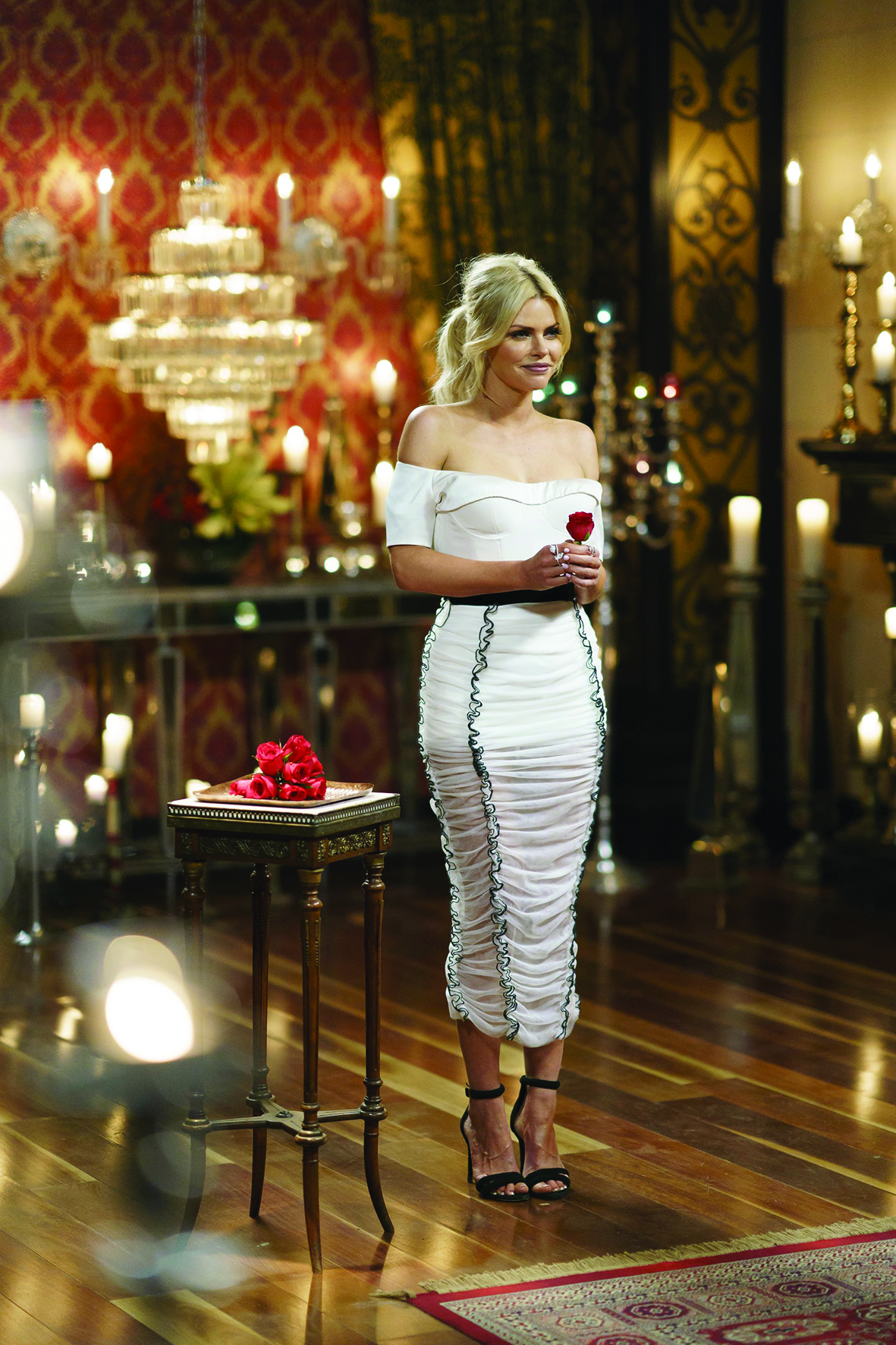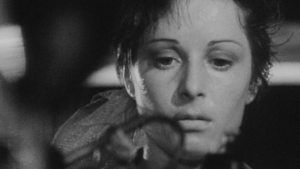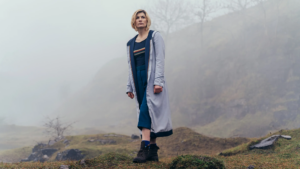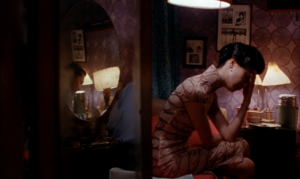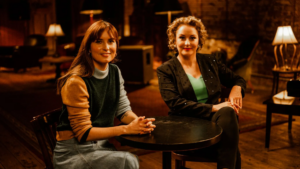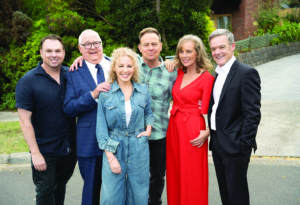I was happily one of those media snobs who had, for the longest time, avoided shows like The Bachelor, The Bachelorette and Married at First Sight. In my opinion, the only dating show that was ever going to be worth my time was the 1980s big-hair-meets-computer-courting glory of Perfect Match. For those who don’t remember it, the program – in its glory days – involved a huge-haired Greg Evans (and, later, an equally hirsute Cameron Daddo), accompanied by robot co-host Dexter, asking contestants a set of compatibility questions. There was something warm and likeable about dating in front of the nation – everyone seemed in on the gentle gag.
Contemporary dating programs like the Bachelor series and Married at First Sight are decidedly darker than their studio predecessors. As examples of the contemporary reality-TV genre, they are framed as documenting the ‘real’ experiences of ‘real’ people, whose tensions make up the dramatic storylines that end up on screen. Of course, there was always an element of suspense in dating programs: the Will they? Won’t they? of picking the right match and finding true love through the most artificial method possible. However, today’s reality-dating programs take this to a new level by giving extensive personal details about contestants, including graphic depictions of emotional distress.
But the 2017 season of The Bachelorette seemed to drag even the most diehard of sceptics into this new wave of television dating. The difference was lead Sophie Monk, who offered an incredibly refreshing portrayal of contemporary Australian womanhood. Although Monk is certainly conventionally beautiful (tall, blonde, slender), her demeanour is, in many ways, completely counter to what the media has trained us to expect from women with that sort of appearance. Using what would have once been considered an ‘uncultured’ mode of address, Monk spoke with a broad Queensland drawl frequently peppered with expletives. It was the type of thing that would have had My Fair Lady’s Henry Higgins (or the real-world equivalent, etiquette specialist June Dally-Watkins) working from dusk to dawn.
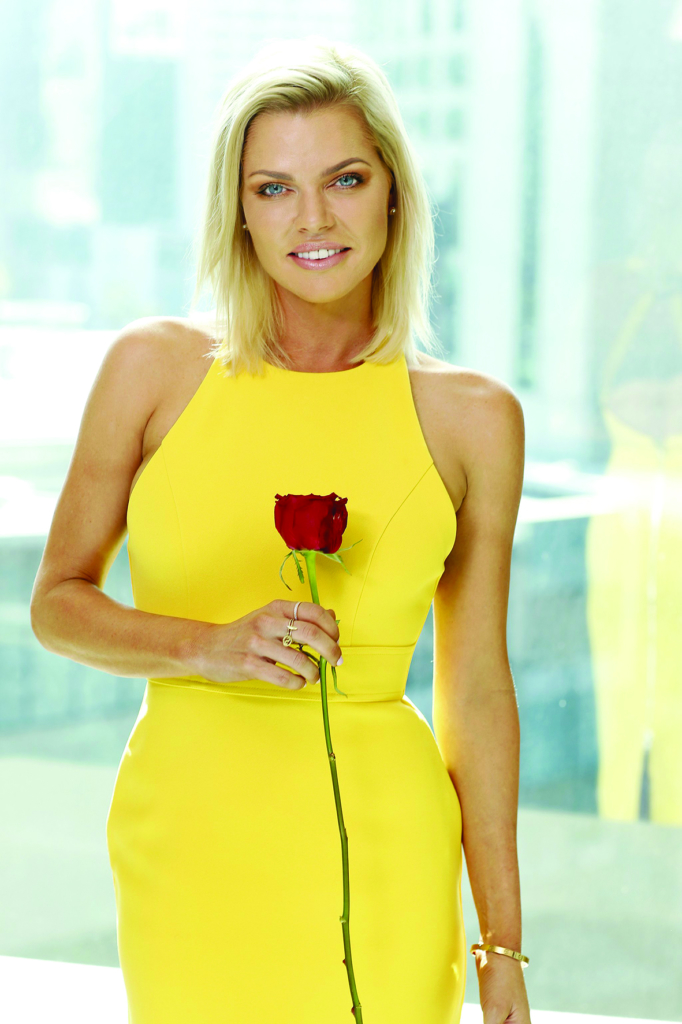
Monk’s accent and vocabulary were not the only unusual aspects of this specific instance of television dating. At times, she was wrapped up in self-deprecation (which I – like many of the show’s viewers, I’m sure – found delightfully funny) and, at others, her honesty was just hard to ignore. Sure, this is someone who has had a charmed life in many, many respects, but her desire to share it with someone in a romantic capacity was easy to empathise with. The results made for very successful television, with Mumbrella reporting that 2017’s Bachelorette finale ‘delivered Ten with its biggest audience in more than a year’. Moreover, quoting OzTam figures for the duration of the season, AdNews noted a substantial increase in viewers watching not only during the series’ broadcast but also through on-demand and catch-up services, with the latter having increased by 124 per cent.
Unlike the days when viewers were reliant on Perfect Match’s ultimate brains trust Dexter, now, social media lets the audience get right in there with their opinions. The Bachelorette’s producers encouraged host Osher Günsberg and Monk herself to tweet while the show was on air, the idea being that the nation could become ‘matchmakers’ to help decide the show’s ultimate pairing. While this activity encourages the pantomime of finding a favourite and picking out a ‘villain’, it’s also important to bear in mind that these aren’t actors – they are everyday individuals appearing on television, often pouring their hearts out. Yes, they’re aware that cameras are rolling, but the final results are also heavily edited. And, as one 2017 contestant posted on Facebook after his loss, ‘Big thanks to Channel 10 and Warner Brothers for your magic work behind the camera, chopping and screwing everything and anything for your ratings’, condemning how the show would ‘throw [contestants] under a bus and watch them suffer’.
It’s not just the heavy editing of what must be months worth of raw material that is significant. As Fairfax commentator Clementine Ford pointed out in October 2017, both the local and international version of this franchise have cast contestants with histories of violence, no doubt including them because of the potential for dramatic viewing. While there’s no law against doing this, you have to wonder how ethical their inclusion, and the exploitation, is. Not all is fair in love and war – and love on reality TV certainly isn’t fair, either. The genre (and its sometimes-questionable practices) will persist while we give it attention, but let’s remember that there’s not a lot of reality, or lasting love, in there at all.
